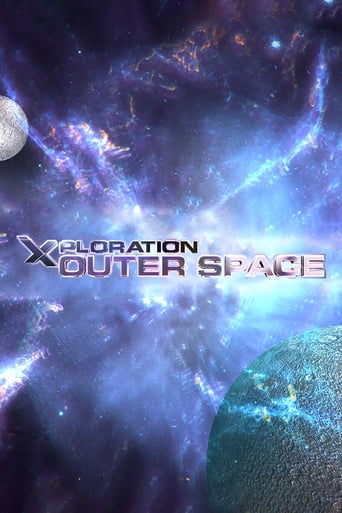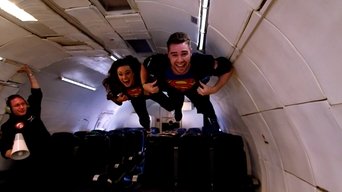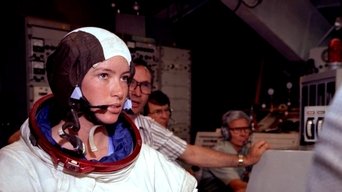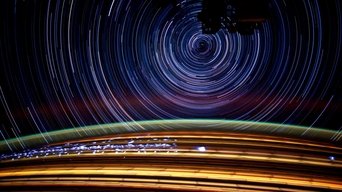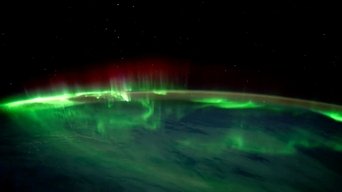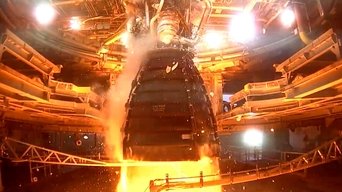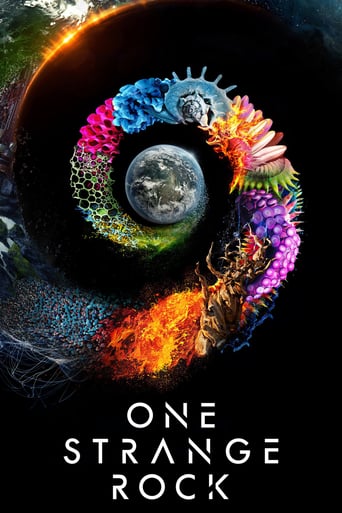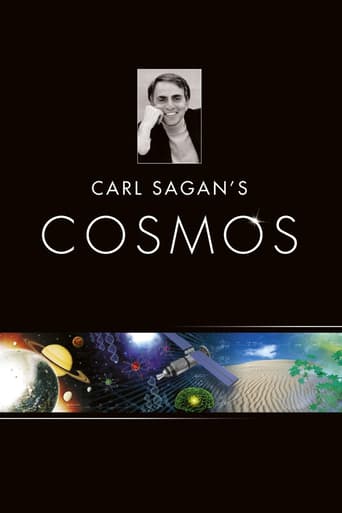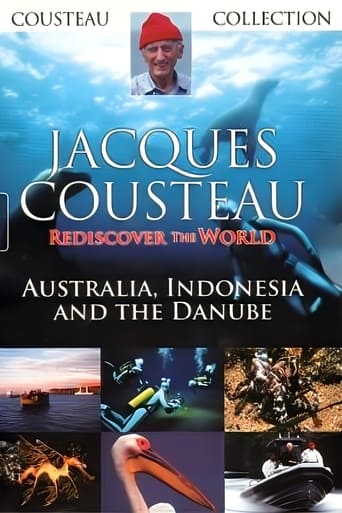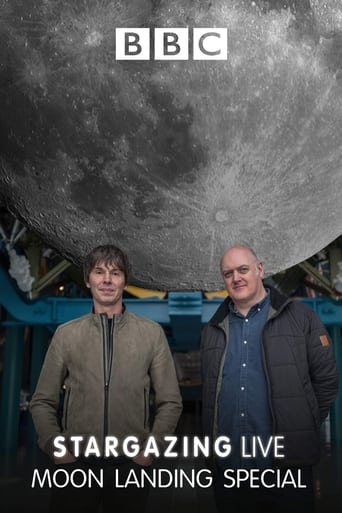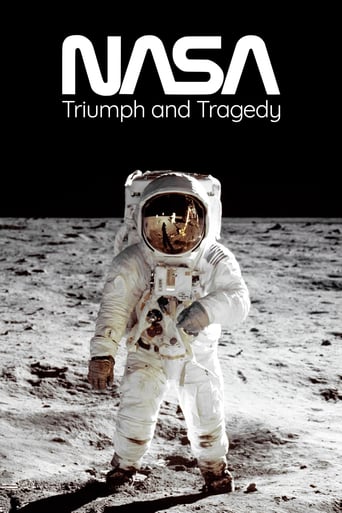Xploration Outer Space Season 3
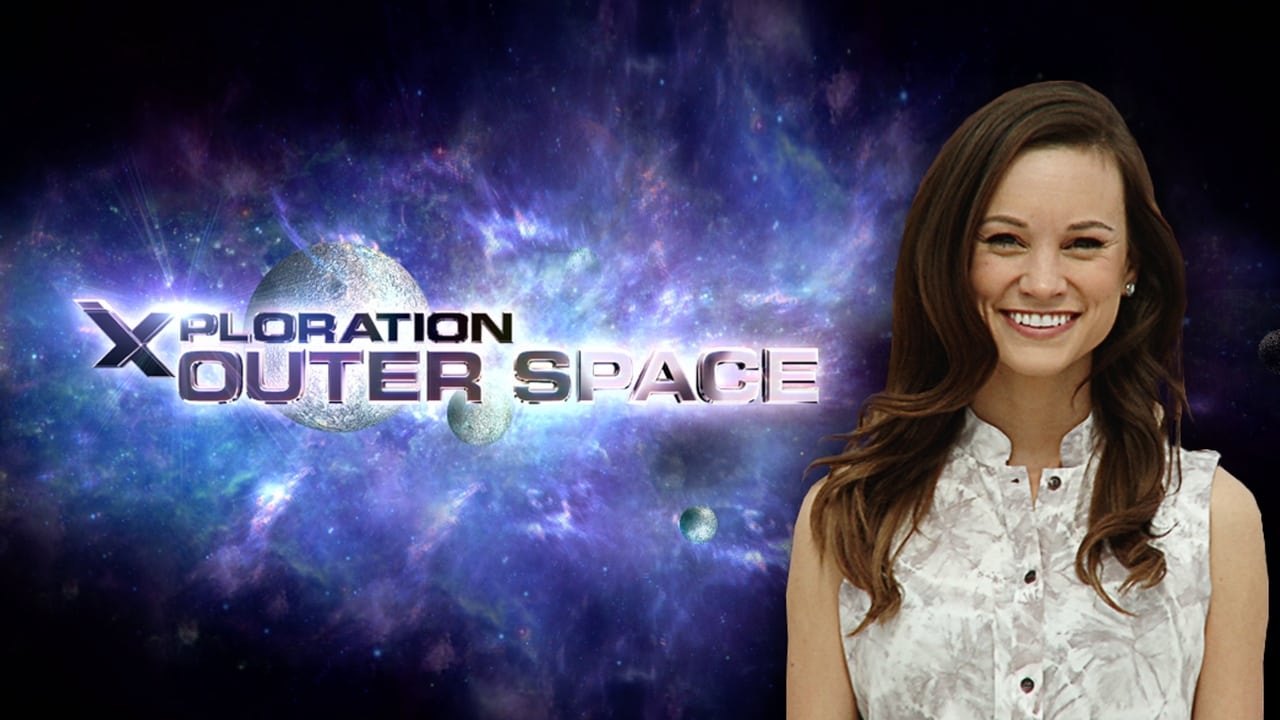
Host Emily Calandrelli, Harvard scholar and former Nasa employee, takes viewers on incredible journeys through space. She visits various NASA facilities as we search for answers about our universe. Xploration Outer Space is part of the Xploration Station two hour syndicated block airing on Fox stations throughout the country.
Watch NowWith 30 Day Free Trial!
Xploration Outer Space
2014 / TV-Y


Host Emily Calandrelli, Harvard scholar and former Nasa employee, takes viewers on incredible journeys through space. She visits various NASA facilities as we search for answers about our universe. Xploration Outer Space is part of the Xploration Station two hour syndicated block airing on Fox stations throughout the country.
Watch Trailer
With 30 Day Free Trial!
Xploration Outer Space Season 3 Full Episode Guide
Emily Calandrelli explores what kind of experiments are being conducted on the International Space Station that will benefit humans on earth. We’ll look at the history of the I.S.S., and see how students are communicating directly with astronauts aboard the space station.
Emily Calandrelli explores what kind of experiments are being conducted on the International Space Station that will benefit humans on earth. We’ll look at the history of the I.S.S., and see how students are communicating directly with astronauts aboard the space station.
We’ll explain why Pluto is no longer considered a planet, and why some scientists believe there is another planet in our solar system that hasn’t been discovered yet. Host Emily Calandrelli looks at many objects that, regardless of definition, look like new and fascinating planets.
The Space Shuttle program spanned 30 years, and accomplished many things in low-Earth orbit. Host Emily Calandrelli speaks with five astronauts who ventured into space aboard this amazing and complex spacecraft.
When venturing into deep space to discover new worlds, robots are needed to first explore these extreme environments. Host Emily Calandrelli shows us robots that are leading the way, both to Mars, and other destinations in the future.
High school and college students compete for a fantastic prize: Going aboard a Zero-G aircraft where they’ll experience microgravity with host, Emily Calandrelli. We’ll see the student-winner try to execute a scientific experiment in weightlessness.
Four astronauts who have gone on missions into outer space share their perspective of life in micro-gravity. Emily Calandrelli visits each astronaut, including Story Musgrave, the only astronaut to fly aboard all five space shuttles, and Anna Fisher, one of the first American females to go into space.
Private companies are now making plans to venture into outer space to mine valuable resources from asteroids and the moon. But is it legal? Emily Calandrelli as we look at the futuristic plans of these companies, and the recent laws giving them permission. We also look at the legal battles of one man who boldly claims to own an asteroid.
Four artists display their unique methods of illustrating the mysterious frontier of outer space. Don Pettit, an astronaut, takes amazing photos from the International Space Station. Another artist uses spray paint to portray vivid views of space.
Satellites help us understand our world and the universe.
To send rockets to outer space, it requires all types of engineers. Emily Calandrelli visits four types of engineers who are on the cutting edge of aerospace technology. From building rocket engines using 3D printing to creating autonomous robots that will explore Mars, we’ll look at a variety of exciting careers.
Once we land on Mars, how will we survive? Emily Calandrelli visits NASA’s Swamp Works, which tests space suits and machines for Mars-like conditions. We also look at the history of space suits, and discover a futuristic space suit that’s in the works at MIT.
Emily Calandrelli discovers various ways the public is helping scientists explore outer space; from sending bacteria samples to the International Space Station to tweeting observations about the Northern Lights. Another way they help is by using home computers to search for alien life.
Free Trial Channels
Seasons


